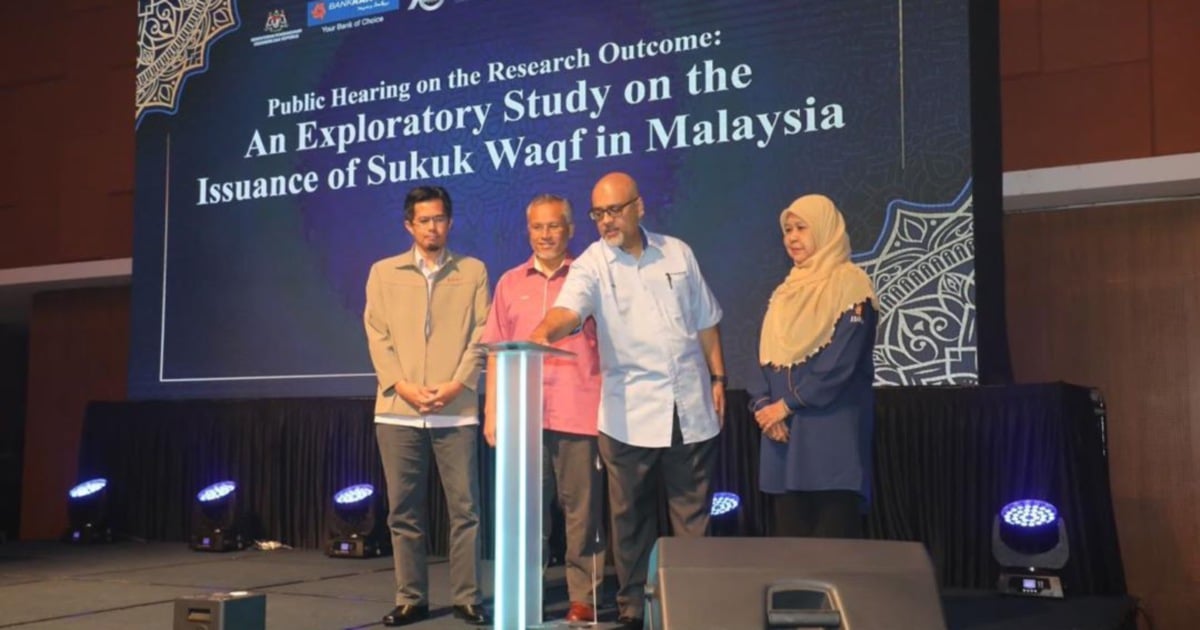KUALA LUMPUR: Bank Rakyat and the International Islamic University Malaysia (IIUM) are advocating for the adoption of sukuk waqf to mobilise private capital for social development.
Bank Rakyat and IIUM’s Institute of Islamic Banking and Finance on Friday unveiled a landmark study to facilitate this prospect.
The comprehensive report outlines how sukuk waqf could revolutionise Islamic social finance by integrating waqf (Islamic endowment) principles with capital market instruments such as sukuk.
This will thus create a scalable and flexible financing model that blends philanthropy with investment returns.
Bank Rakyat said the initiative aligns closely with the Capital Market Masterplan 3 by the Securities Commission, which promotes innovation in Islamic finance to address pressing national priorities.
This includes climate change, income disparity, food insecurity and an ageing population.
Bank Rakyat chairman Datuk Mohd Irwan Mohd Mubarak said the proposal represents a major step in empowering communities through sustainable, faith-based financing models.
“Sukuk waqf has tremendous potential to enhance the Islamic social finance ecosystem by providing a versatile instrument that achieves both financial and philanthropic objectives.
“This reflects our commitment to redefining the role of Islamic finance in delivering inclusive and lasting socioeconomic impact,” Mohd Irwan said in a statement.
Sukuk waqf is defined as a Shariah-compliant investment certificate embedded with a waqf feature, allowing investors to donate part or all of their principal or returns as waqf during the sukuk tenure or upon maturity.
Unlike traditional waqf assets – typically limited to land or buildings- sukuk waqf extends the scope to liquid, impact-oriented financial assets.
The study identifies three core value propositions of sukuk waqf to boost investor appeal – broader application of proceeds beyond physical infrastructure, flexible contribution mechanisms that attract a wider investor base and integration of social and financial returns.
To enable effective implementation, the study outlines four policy recommendations – establish clear legal and operational frameworks for sukuk waqf structures, offer tax incentives and support tools such as credit guarantees, promote governance and transparency in fund utilisation and build institutional capacity via training, research and partnerships.
Bank Rakyat and IIiBF hope the report will serve as a springboard for strategic dialogue and practical implementation across Malaysia’s financial and philanthropic sectors.
“We believe sukuk waqf can serve as a catalytic instrument to relieve pressure on public resources and drive meaningful social impact through collaborative, market-based solutions,” said Mohd Irwan.
“As Malaysia continues to cement its global leadership in Islamic finance, sukuk waqf offers a next-generation model to channel both private and philanthropic capital towards inclusive, sustainable development in line with Maqasid Shariah,” the bank said.
© New Straits Times Press (M) Bhd






